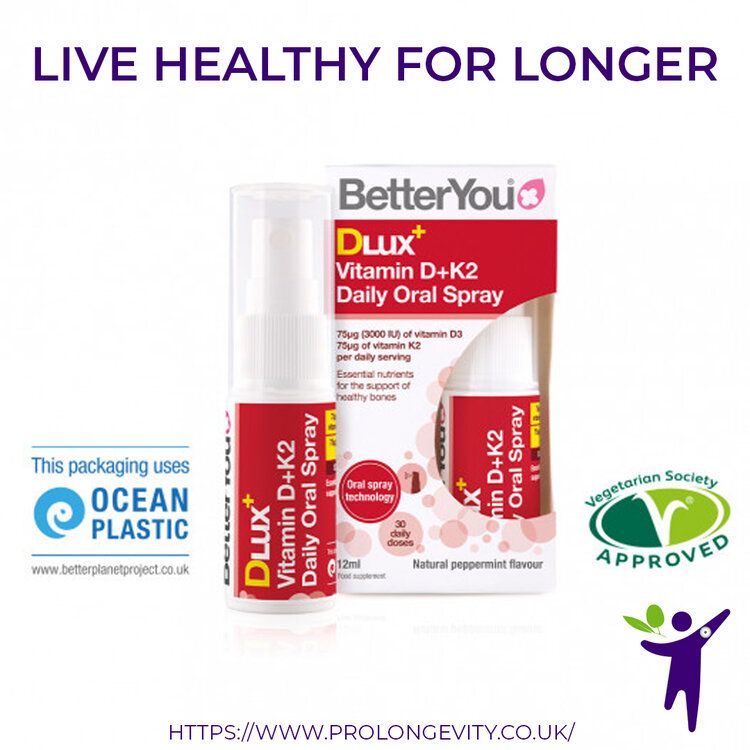Profound worldwide Vitamin D deficiency has collided with the COVID-19 pandemic and likely increased the number of deaths because of vitamin D insufficiency. While it will be some time before we know the full extent of SARS-CoV-2, we do know that at least 1 in 5 of the UK population has severe vitamin D deficiency as conservatively defined by a blood level of 25-hydroxyvitamin D below 20 ng/ml (50 nmol/l). NB: At ProLongevity we regard this as way too low and aim for much higher levels in our clients.
Scientists are looking for volunteers to take part in a trial to see if taking vitamin D can give the immune system a boost against Covid.
People who join would be sent pills in the post to take daily for six months if a finger-prick test shows they are deficient in the “sunshine vitamin”. UK residents are already advised to consider taking supplements over winter when vitamin D levels can dip. That is to improve general health, not specifically to stop infections.

Should I take Vitamin D?
Yes! Vitamin D deficiency is more common in older people, in people who are overweight, and in black and Asian people – all of the groups who are at increased risk of becoming very ill with Covid.
The trial, led by researchers from Queen Mary University of London and funded by Barts Charity, will use higher doses of vitamin D than regular supplements.
Principal investigator David Jolliffe said “Vitamin D supplements are low in cost, low in risk and widely accessible; if proven effective, they could significantly aid in our global fight against the virus,”
Should I take unlimited quantities?
No. Although vitamin D supplements are extremely safe, taking more than the maximum recommended amount every day can be dangerous in the long run. There is a safe upper limit – we generally recommend in the region of around 3000-4000 iu per day but it does vary by individual.
Its essential too, to supplement Vitamin K2 because it works synergistically with Vitamin-D to drive calcium in the bones (good!) and not the arteries. (No one wants calcified arteries!)
If you choose to take vitamin D supplements:
- Children aged one to 10 should not have more than 50 micrograms a day
- Infants (under 12 months) should not have more than 25 micrograms a day
- Adults should generally not take more than 100 micrograms a day.
- The official recommended amount is 10 micrograms/400iu a day which we believe is simply too low to be fully effective.
Other ways to reduce your COVID-19 risk
It is very clear that insulin resistance is another important risk factor related to your risk of COVID-19. Approximately 9 out of 10 people in the US are metabolically inflexible and have lost the ability to seamlessly switch between using carbs and fat as their primary fuel. We in the UK are not much better off
The most common symptom of insulin resistance is being overweight or obese. Other complications such as diabetes, heart disease, cancer, and Alzheimer’s are also associated with insulin resistance. There are a number of very effective approaches that will allow you to develop the ability to burn your body fat as a primary fuel. However, unlike vitamin D correction, this is not a simple or quick process.
Most people eat during more than 12 hours a day, and for many the only time they aren’t eating is when they are sleeping! Some will even wake up during the night and eat something to help them fall back to sleep. The problem with eating all day long is that it will push your body to exclusively burn sugar as your primary fuel and increase your insulin resistance.
Fortunately, there is a simple solution that does not involve calorie restriction but merely changing your eating habits. Firstly, reduce or completely cut all those sugary treats, carbs and bad fats. Then stop the snacking, instead you eat when you are hungry and eat full meals that are nutritionally healthy. Try to push yourself to try ‘time restricted eating’ which is when you only eat within a 6-8 hour time window, making sure that your last meal is at least three hours before you go to bed. This type of eating strategy has nearly all the same health benefits as calorie restriction, but without the bad things like hunger, mood swings and tiredness.
If you would like to learn more about how you can build a strong immune system and minimise your COVID-19 risk, watch this video : Graham gives us plenty of tips on how we can make small changes to our lifestyle to live a longer, healthier life.





